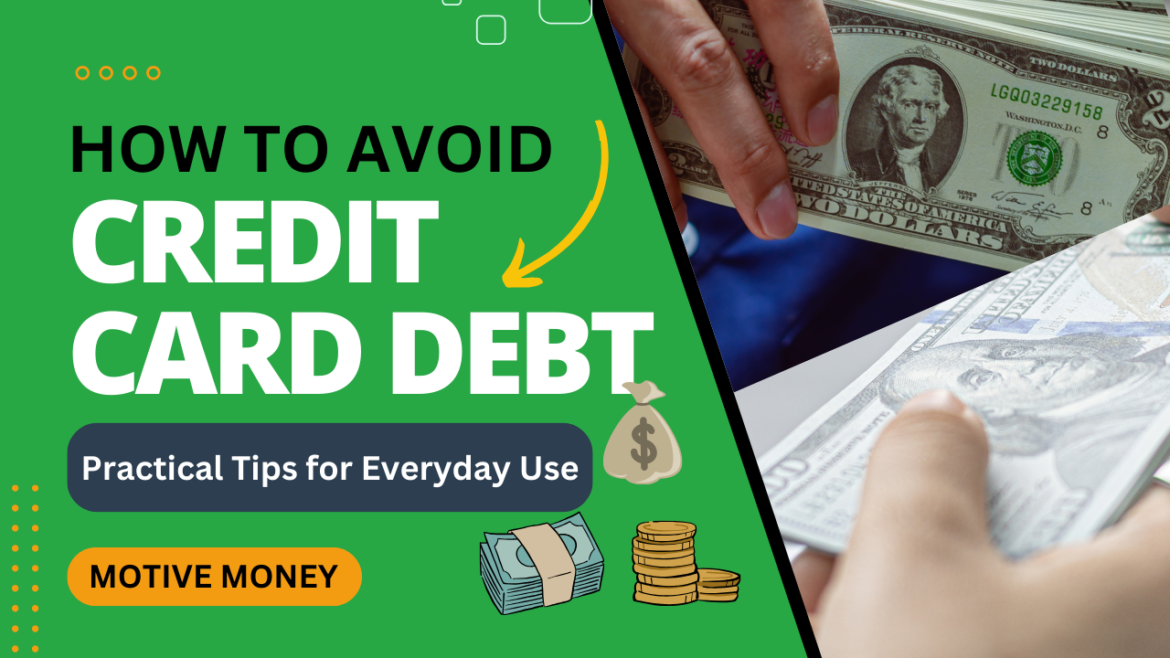Introduction
Credit card debt can quickly spiral out of control if you’re not careful. High interest rates, minimum payments, and late fees can make it difficult to regain financial stability. However, with the right habits and strategies, you can use credit cards responsibly and avoid unnecessary debt. Here’s how.
1. Understand How Credit Cards Work
Credit cards are not free money. Misunderstanding how they operate can lead to overspending.
- Tip: Know your card’s interest rates, billing cycle, and due dates.
- Action: Always pay off your balance in full to avoid interest charges.
2. Set a Monthly Spending Limit
Treat your credit card like cash and establish a monthly budget for its use.
- Tip: Only charge what you can afford to pay off entirely.
- Tool: Use apps like Mint or YNAB to track spending.
3. Avoid Minimum Payments
Paying only the minimum required amount keeps you in debt longer and increases the total cost of your purchases.
- Action: Aim to pay off your entire balance each month or as much as possible above the minimum.
4. Say No to Cash Advances
Cash advances come with higher interest rates and immediate fees, making them an expensive form of borrowing.
- Tip: Use savings or other funding sources in emergencies instead.
5. Monitor Your Statements Regularly
Review your credit card statements each month to ensure accuracy and spot unauthorized transactions.
- Action: Dispute any errors with your credit card company immediately.
6. Limit the Number of Cards You Own
Owning multiple cards increases the temptation to overspend.
- Tip: Stick to one or two cards to simplify management and reduce risk.
7. Use Credit Responsibly
Avoid using credit cards for non-essential purchases like dining out or entertainment.
- Tip: Use your card for planned expenses and essential purchases only.
Conclusion
Credit cards can be a valuable financial tool when used responsibly. By understanding how they work, setting limits, and paying your balances in full, you can avoid debt and enjoy the benefits of building credit. Start implementing these tips today to take control of your credit and finances.
Discover more from Motive Money
Subscribe to get the latest posts sent to your email.
